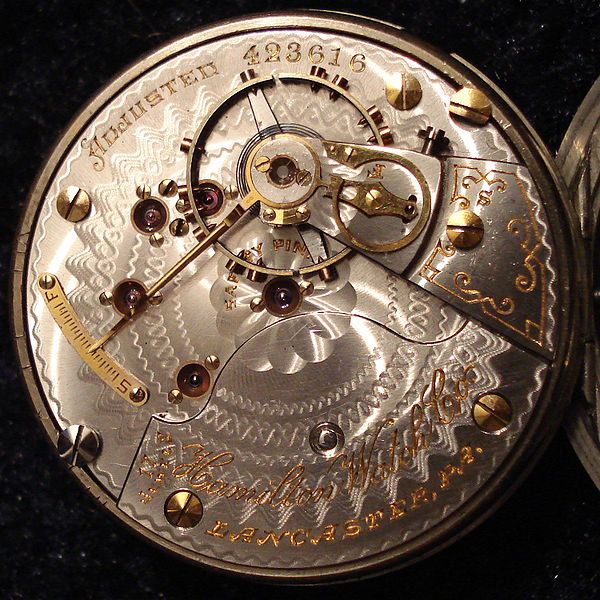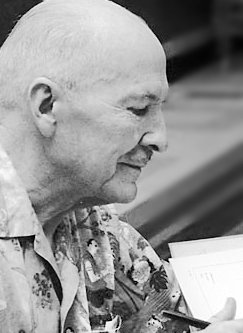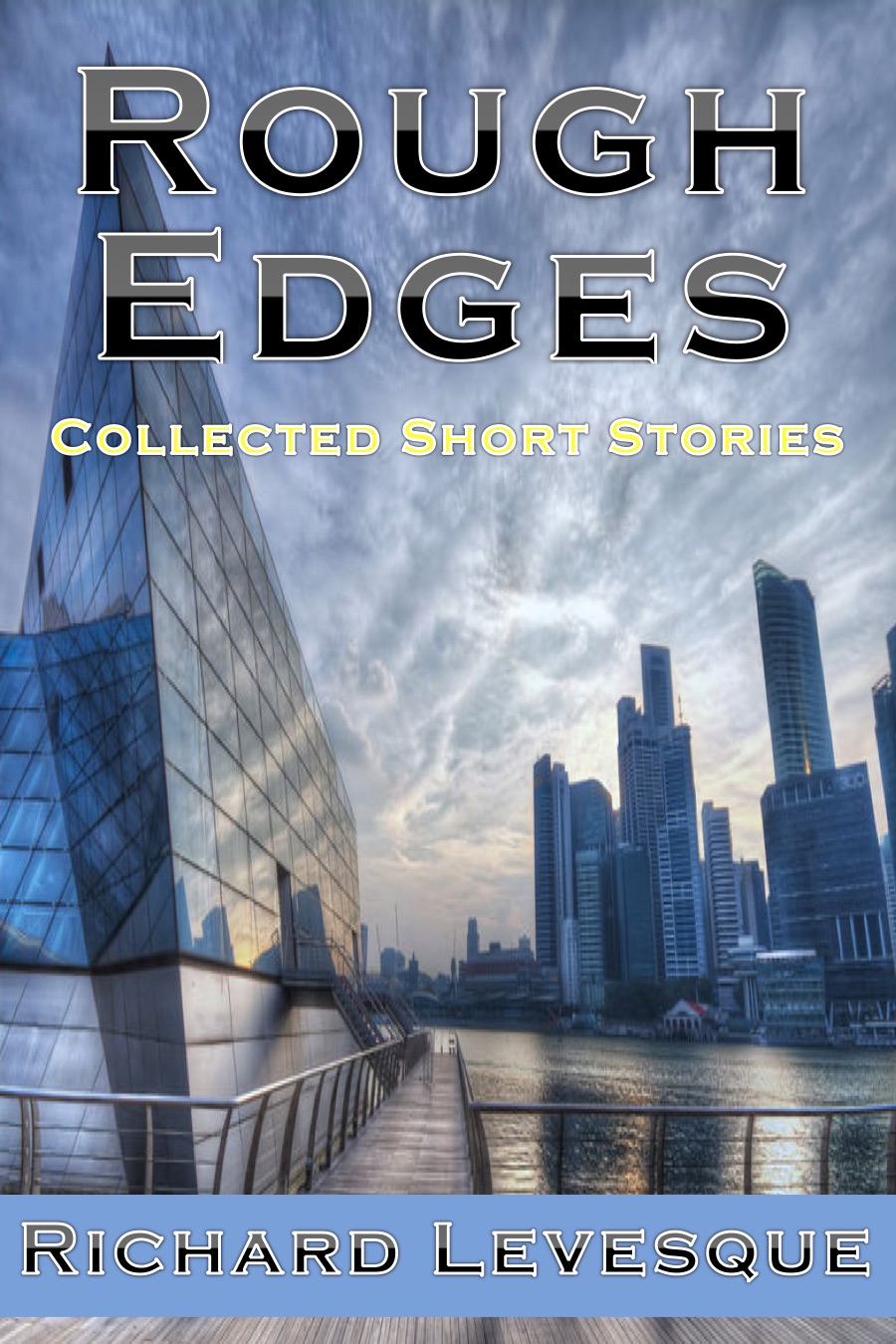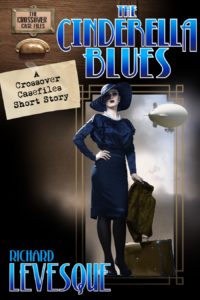Give Me a Minute: Time Travel Paradoxes
Continuing with the time travel theme here for a bit longer and thinking specifically of the sub-theme of the time travel paradox. There are several variations on this, and it’s an aspect of time travel fiction that makes people love it or hate it, or maybe both. The basic idea is that the time traveler goes back in time and does something that directly impacts his or her future. For example, the time traveler goes back in time and accidentally kills a boy who would have grown up to be the time traveler’s grandfather, thereby preventing the time traveler from ever having been born. But he existed in the first place to be able to make the trip through time, so at what point was he not born, or no longer to-be-born, and what happens to him then?
You’ve got the Back to the Future version of this where the time traveler has to correct the situation before he’s wiped from existence forever. And a thousand variations on the theme.
Two classic SF stories dealing with the subject are Alfred Bester’s “The Men Who Murdered Mohammed” and Robert Heinlein’s “All You Zombies.” Bester’s piece takes the idea that a time traveler could kill a person’s ancestor and thus prevent that person from being born (Terminator, anyone?) and then messes with the idea, working with a theory of time which would prevent the plot from actually working. Heinlein’s story takes the paradox and cranks the volume up to eleven. The result will make your head spin. When I teach this one in my science fiction class, I usually subject my students to Homer and Jethro’s version of “I’m My Own Grandpaw” just for my own sadistic pleasure.
Along with the “grandfather paradox,” there’s also the other question of a time traveler creating multiple versions of him/herself at a given time. I travel back in time to yesterday, and there are two of me. If the me that was already there yesterday becomes aware of the today-me who’s gone back in time, the yesterday-me may do something to keep the today-me from making the journey, thereby leaving the time traveling version in a bit of a bind, as he may never have made the journey in the first place.
A fun version of this is Stanislaw Lem’s “The Seventh Voyage,” in which a space traveler gets caught in a time loop and begins to encounter multiple versions of himself. Getting the different versions to cooperate with each other is the only way he can save himself (themselves?), but it’s easier said than done.
Another “problem” with time travel fiction is that the time traveler should really be omnipotent, able to travel to whatever time is necessary in order to solve whatever problem the plot presents. But where’s the fun in that? In Wells’ The Time Machine, there’s a period where the time traveler is without his machine and things go rather badly. When he gets it back (sorry, spoiler!), it wouldn’t be at all difficult to run the machine backwards a day or two and warn himself. But doing so would ruin the story, and thankfully Wells didn’t go there. I’d like to think he would be horrified at the prospect of such a deus ex machina ending. Other writers, though, have played with the idea to varying degrees of success.
In my time travel novel, Take Back Tomorrow, I tried very hard to avoid the paradoxes, and I think I succeeded. So far, no one has complained about such things in the reviews, so I think I managed to pull it off, dealing with the last “problem” described above by having my time travel method be one that’s rather out of the time travelers’ control.
What other books or stories have handled the theme well in your opinion? Or have created such a mess with the paradoxes that you’re ready to give up on time travel stories?
You can find more time travel posts this month at The Cellophane Queen’s Blog, including one of mine in about a week.
"All You Zombies" "The Men Who Murdered Mohammed" "The Seventh Voyage" Alfred Bester Back to the Future Grandfather Paradox H.G. Wells Homer and Jethro I'm My Own Grandpaw Paradox robert heinlein Science Fiction Stanislaw Lem Take Back Tomorrow Terminator The Time Machine time travel










5 Responses
Stephen King’s 11/22/63 is an excellent time-travel book. (obviously, it’s not the usual King.)
Haven’t found the time (no pun intended) to crack that one open yet. Thanks for the recommendation, though.
The way I dealt with it in one of my stories was to use split timelines – the only way I know to avoid all paradoxes.
Interesting. There are so many different approaches people have taken with this–some effective, others not so. Good to hear you found a way around the problem.Thanks for reading and commenting.
[…] Give Me a Minute: Time Travel Paradoxes (www.richardlevesqueauthor.com) […]
Comments are closed.